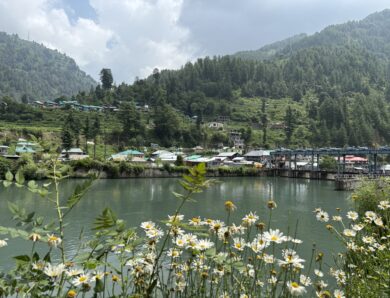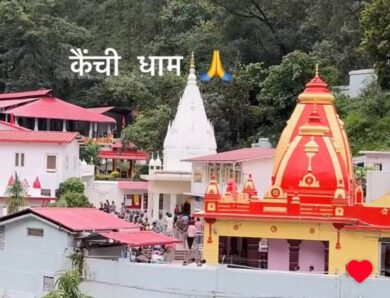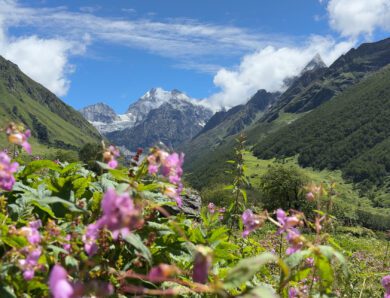
Responsible tourism in India. Ultimate guide to Responsible Tourism.
Responsible tourism is about taking care of the nature, ecology, the local communities and the local economy while travelling. This is the responsibility of each one of us to take care of the ecology and environment of our immediate surrounding and while travelling it becomes all the more important.
Responsible tourism is any form of tourism that can be consumed in a more responsible way. The main objective is to minimize the negative impact on environment and enhancement of well being of local communities dependent on it.
It is also the responsibility of the service providers to deliver services with minimum negative impact to the ecology, environment and economics of a tourist place. All the stakeholders should work towards value addition in all the activities they involve in.

The Concept of Responsible tourism was first defined in world summit on Sustainable Development, Capetown,2002.
This is also referred to as Sustainable Tourism, the tourism activities which contribute in conservation of ecology with minimal impact on environment.
In India, the first state to launch the Responsible Tourism Mission is the God’s own country Kerela. In 2017, the mission was started with the aim of making tourism a tool for the development of village and local communities, enhancing their means of livelihood and emphasizing women empowerment.
Kerela is all the more important in that it is part of the western Ghats which are among the top 18 Biodiversity hot-spots in the whole world.
Here, while talking about Responsible Tourism, we are talking about the three kinds of responsibilities: Economic, social and environmental.
As tourists we always have options to stay in upmarket hotels or to stay in a home-stay and enjoying the company of local people and experiencing their traditional food, culture and their way of life. For example, when I went to Kerala for the first time in the year 2009, I preferred to stay one full day in a houseboat in the back waters of Alleppy. I escaped staying in a upmarket air conditioned concrete hotel. By staying in the houseboat, I was able to experience a different kind of routine, was able to see the village life, taste their traditional food and at the same time I was supporting the local economy by staying in direct contact with the village people and the local vendors. I also bought local handicrafts as souvenirs for my family and friends back home.In this way I also managed to minimized my carbon footprint.

Similarly, if you happen to visit Munnar, the Hill station of Kerela, you have the option of staying in home stays which may be located in the famous tea estates in Munnar. Staying in tea estates is altogether a different experience and you are very close to nature away from the bustling city and its traffic.


Another small way we can contribute is by using the local public transport available in the area or may be using bycycles on short nearby trips. Many tourists places offer guided walking tours. when I was in Kerela, instead of hiring a taxi for commuting, I preferred to take a boat ride to cross the river and reach the other side. This also gave me opportunity for slow travel and allowed me to absorb the local vibes while being in a totally different place.

Another way to contribute is to volunteer locally in the new city. There are many Non Governmental organisations all over India which can give you opportunity to volunteer while staying in a new city. The objectives of these organisations can be as diverse as from social upliftment of deprived communities to wildlife conservation.
Wildlife conservation is in fact an international concern and in Kerala, if you happen to visit the Eravikulam National Park, you will get to know how the forest department regulates tourists to experience the wildlife without disturbing the local endangered animals like the Nilgiri Thar.


Today, it is all the more important to de-congest the tourists places and discover some unexplored areas and possibilities in tourism sector.
Especially post Pandemic, we need to rethink the way we travel. It becomes more and more important to be responsible for what we are creating in this world during our short stay at any place. It would be better if we associate ourselves with some value addition to the place we visit in what ever way we can contribute.
Only We can be the change we want to see.
Happy and safe Traveling.




No Comment